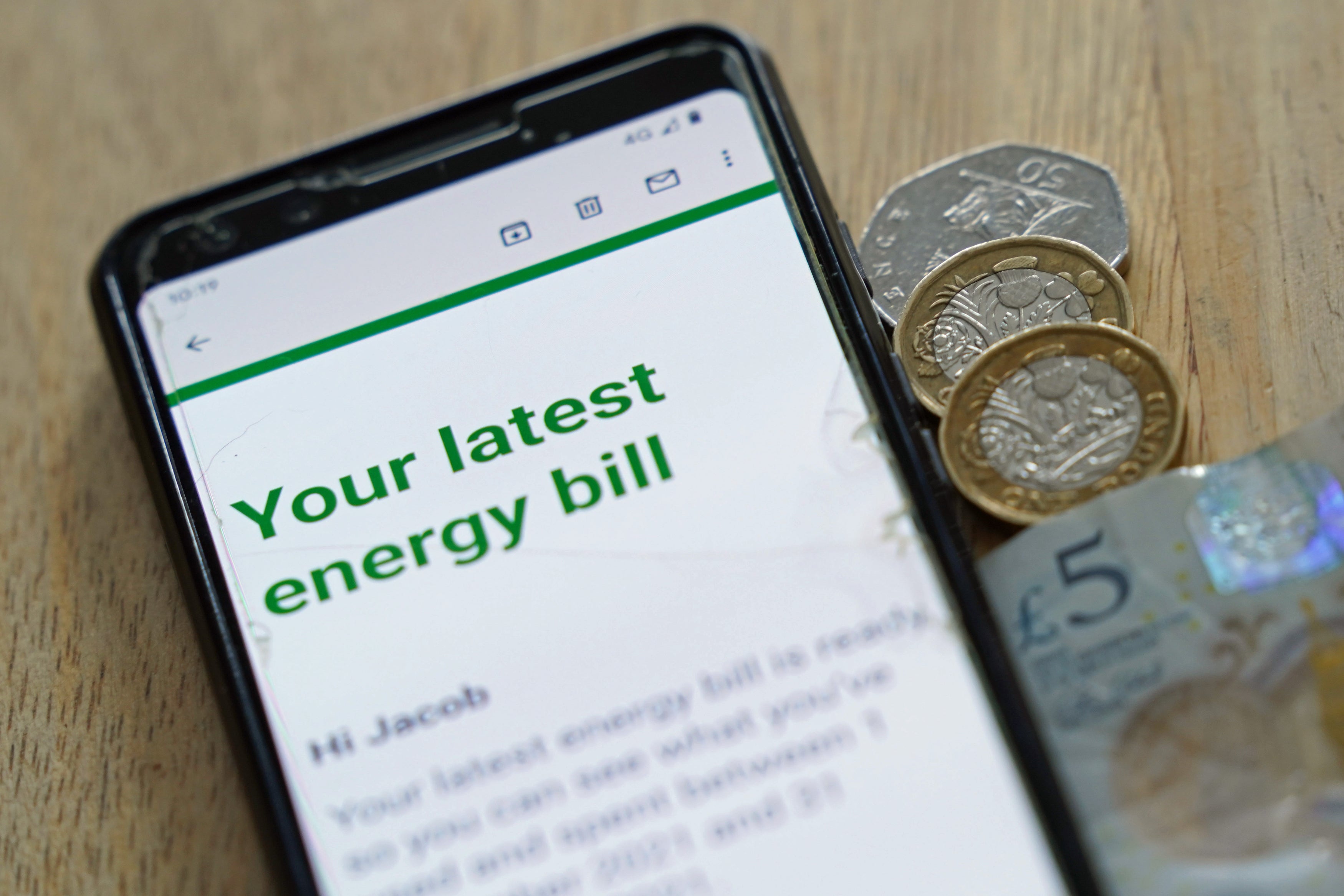Rishi Sunak has a cost-of-living mountain to climb
The economy is in shock, but the chancellor knows there’s more pain to come, writes Anna Isaac

Energy bills can seem like a domestic problem: a bill falling on the household doormat.
In fact, energy costs flood every artery of an economy, so when they rise sharply, it is a shock that goes right to the heart.
Higher oil and natural gas prices are not the only pressure that is driving prices to grow at the fastest pace in thirty years, but they form a significant economic handbrake, the full force of which is only just starting to be felt.
The latest inflation figures show that gas prices have risen close to a third in the year to February, electricity prices have risen by around a fifth. That’s not just a problem that faces consumers.
For every household bill that drives up, there is a business using heating, a plastic toy that is ultimately derived from oil, clothing that uses fibres from plastics. Input costs for firms have hit a 14-year high, according to the Office for National Statistics.
A fossil-fuel hungry world economy was already proving hard to get back on track after the impact of the COVID-19 pandemic. In fact, supply chains are facing significant on-going pressures from higher infection rates in China and beyond.
Then Russia invaded Ukraine.
This has driven up grain, food production, oil and natural gas costs in particular. The UK’s largest trading partner, the European Union is especially exposed as it scrambles to buy energy from other sources, driving up the cost of non-Russian fuels.
As an import heavy economy, there’s not much the Bank of England can do when the cost of goods and raw materials rise overseas. Its interest rate helps curb domestic inflation, but when the UK is importing the effects of the EU’s energy dependency that’s not a problem the central bank can fix.
And while Britain takes less Russian gas than continental counterparts, it takes considerable amounts of oil-products, like diesel, forcing up the cost of a tank of fuel.
In short, Russia’s invasion is a matter of a shock-upon-shock for the global economy, and the UK.
When he takes to his feet in the House of Commons at lunchtime today, Rishi Sunak will still be a chancellor in crisis mode. It’s just that from his, and some other economists’ perspective, there is more than the immediate cost-of-living crisis to consider.Present interventions on energy bills will only take some of the edge off the impact on households in April, and will become a drop in the ocean come October.
Still, Mr Sunak faces the slow-moving fiscal avalanche of an ageing UK population and slow GDP growth by historical standards, on top of this wave of higher energy costs when the price cap leaps again this autumn.
Some economists believe that the energy price shock is so great for businesses and households that Mr Sunak should act now, to avoid a recession before Christmas.
Others speculate that he is performing a political juggling act: hiking taxes by an eye-watering 10 per cent via National Insurance contributions now, in order to trim taxes later, ahead of the next general election in 2024.
He may, in fact, do little to help households now, in order to be seen to do something more drastic this coming winter. Tax cuts might have to be swapped by some language around fiscal prudence.
For all the talk of windfalls - and some of the rhetoric around the impact of inflation on public finances has been overblown - the squeeze on households and the public purse has only just begun. The public finances are in a position that means the chancellor can afford to help more now, economists from Left and Right largely agree on that. However, he may be worried about the political expectations that sets when the cost-of-living crisis deepens in the months ahead.
Subscribe to Independent Premium to bookmark this article
Want to bookmark your favourite articles and stories to read or reference later? Start your Independent Premium subscription today.

Join our commenting forum
Join thought-provoking conversations, follow other Independent readers and see their replies